Digital what?
No, it isn’t the title of an 80s blockbuster. For those of you who may be unaware, the ‘digital nomad’ movement is a fairly recent phenomenon which took off possibly due in large part to the exponential increase in the power of information/communication technology.
This new tribe of regular people living the dream can be found all around the world.
A fiercely individualistic yet community or network driven movement, it is made up of people who make a living full-time by harnessing the power of the internet.
With just a laptop (or sometimes just a smartphone), a good WiFi connection and an extra pair of underwear, they generally work online as freelancers but may also be attached to a company and maintain a flexible work arrangement which allows them to function in their role wherever they are.
Digital nomads tend to move around a lot, pack light and be quite tech savvy (or at least know their way around their Gmail accounts).
By now, digital nomad communities can be found in almost every corner of the Earth and are made up of designers, writers, developers, bloggers and more.
A more flexible and productive ‘future of work’ culture is being forged by these brave pioneers.
On a larger perspective, the current trends point towards the prioritization of two things: freedom from as many constraints as possible as well as a demand for a more functional work system that adheres to the nascent capabilities brought about by the digital age.
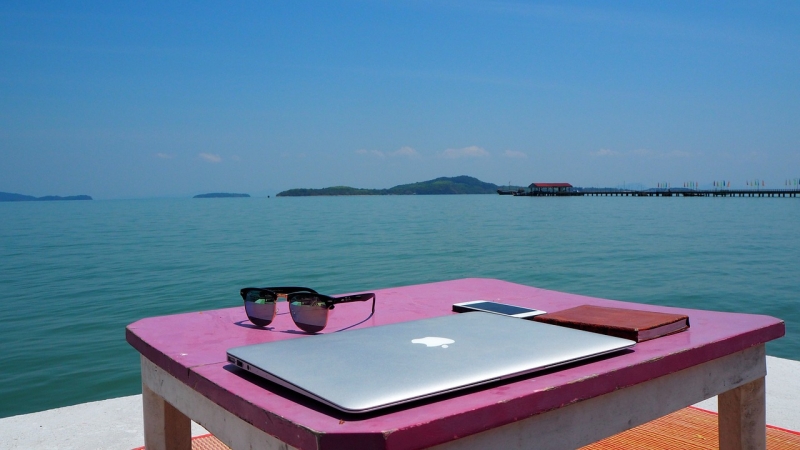
As this nomadic generation grows up and matures, their intriguing social experiment begins to solidify.
In much the same way that open learning disrupted the traditional school system, the digital nomad movement has changed the course of work with many experts predicting that as technology grows along with the next generation mindset, the world of work will soon be completely redefined.
In the meantime, the digital nomad movement (that has been seen as largely originating from the West) is beginning to leave their expensive hometowns and venturing further down into the Southeast Asian region with its tropical landscapes, comfortable (and cost-effective) standards of living as well as fun and adventure.
Coincidentally, Southeast Asia is fast becoming a leading hub for business startups and entrepreneurship with plenty of opportunities in the small business sector. This leads us to Malaysia.
Where aysia?
Believe it or not, there are still foreigners that do not know what or where Malaysia is.
If we told them that it was the lesser-known cousin of Singapore or Indonesia, they’d probably have a clearer picture but in any case, this beautiful country sits nestled in between Singapore and Thailand.
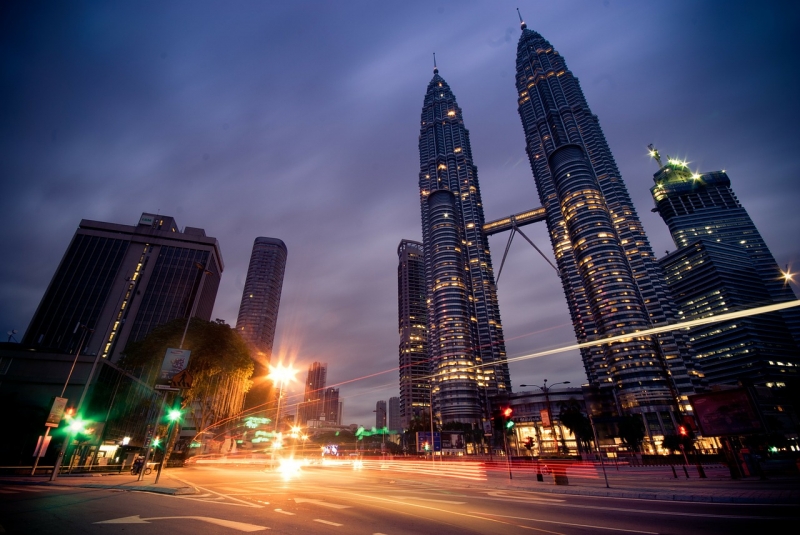
Best described as a perfect fusion of its neighbours (“Malaysia, truly Asia”), it takes the best of many worlds and contains impressively modern cityscapes with wonders like the Petronas Twin Towers in the city of Kuala Lumpur as well as bustling town centres for those looking for something ‘off the beaten path’.
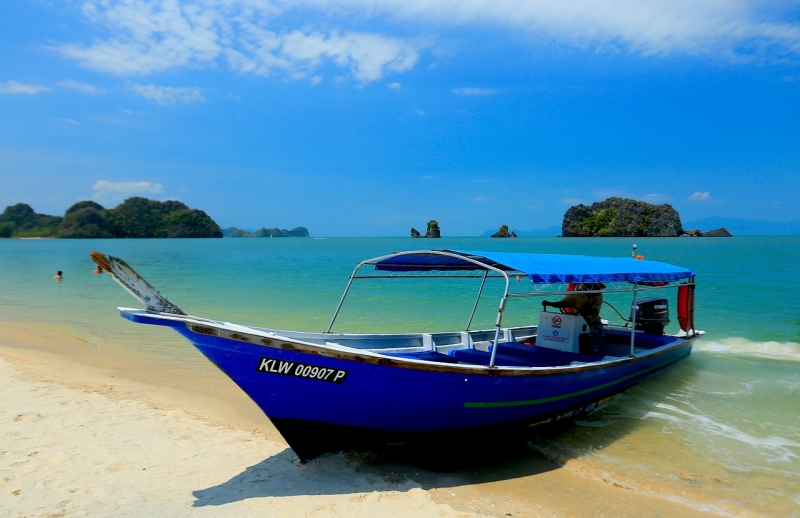
A range of beautiful countryside landscapes and islands combined with a decently affordable lifestyle (especially for our counterparts from the Western world) have long made Malaysia a destination of choice for many digital nomads.
Much of what makes up the land known today as Malaysia is a vast archipelago which has a hot and wet tropical climate that contributes to thriving wildlife, flora and fauna.
Nestled within that, a modern civilization can be found alongside a unique array of small villages and towns set in the tranquil outskirts.
The country may seem a little alien to some western visitors but the locals are warm and friendly, the coffees and teas are hot and sweet, and being deeply entrenched in traditional Asian values, etiquette is a large part of life.
Cost of living?
Accommodation:
Compared to many places in the world, setting up base in Malaysia is generally not too difficult.
Finding an apartment that fits your budget won’t be too hard if you know where to look. Even if you are a foreigner, property dealers tend to be more honest than you think (stay optimistic).
A nice, furnished apartment can be found available for rent for less than USD$1500/month if you go through a realtor.
Airbnb is also an option. Seeing that Malaysians are becoming more and more tech-savvy, deals are a’ plenty.
Transport:
Main city areas and town squares are easily accessible via Uber or Grab. Rates are fair, and not too much trouble has been reported with regards to getting around the more lively main parts of the country.
In addition, public transport has greatly improved in the city with scooters and bikes being the more common modes of transport on the outskirts or islands.
Food:
If there’s one thing that Southeast Asia in general and Malaysia, in particular, is known for, it’s the food. Be sure to venture into the depths of all the gastronomical delights that the country has to offer.
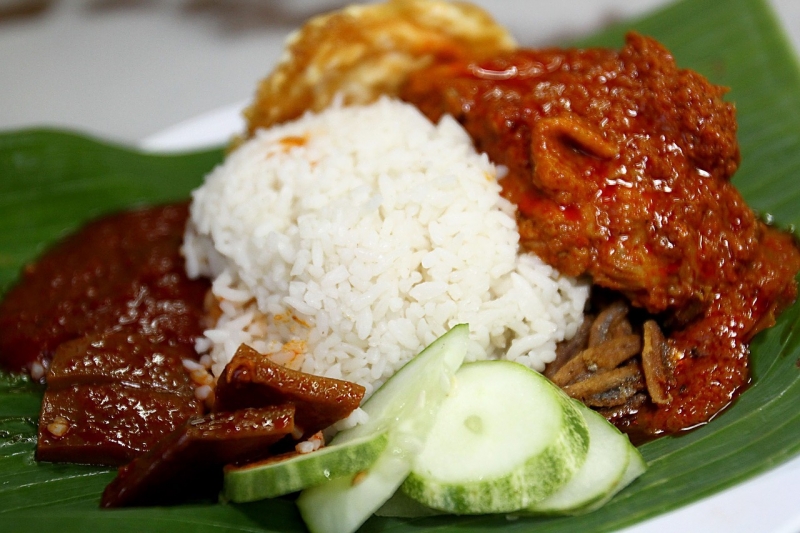
Delicacies in Malaysia range from traditional cuisine like rendang, nasi lemak and nasi kandar.
The best part? You can get your belly full on the cheap!
The Internet?
You may encounter mixed reports about the reliability of internet access in Malaysia. As this is a lifeline for many digital nomads, you should be paying attention to three main options: WiFi, mobile internet, and MiFi.
WiFi (which can be strong or not too strong depending on where you are) can generally be tapped on if you’re at an Airbnb, hotel or hostel.
Generally, digital nomads know that a co-working space can be a good solution to their WiFi issues. These spaces can be found in abundance especially in Klang Valley.
While the WiFi in Bali, Thailand and Singapore may be slightly more reliable than in some parts of Malaysia, if you’ve decided on making Malaysia your next destination, you should know that mobile internet in the country is derived largely from four main operators.
These are Celcom (Xpax), Maxis (Hotlink), DiGi and U Mobile.
There are also a few other carriers that only operate on their own 4G/LTE networks. However, they only work in parts of the country and while coverage is relatively good throughout the Peninsular, it does start to get patchy (even on 2G) on islands like Borneo.
Alternatively, you could create your own Wifi network with a MiFi device which can also function as a mobile router, a sim card holder or a power bank.
The People and Culture?
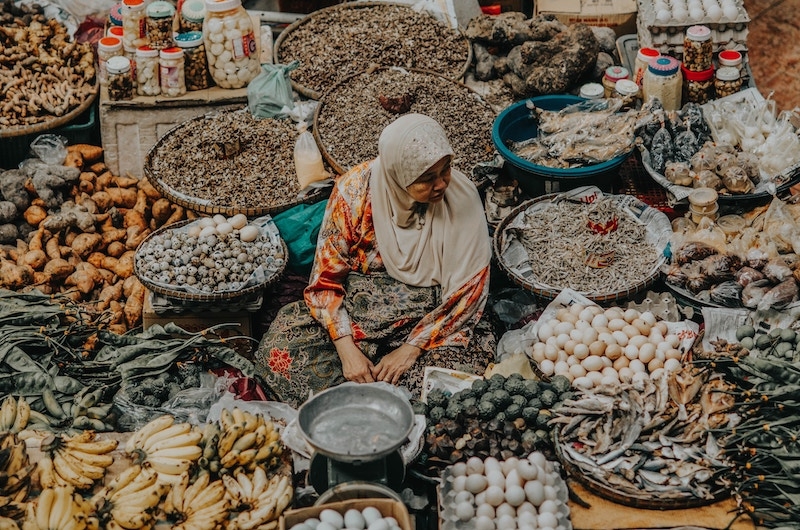
As mentioned before, Malaysians are generally well rooted in Asian traditional values where etiquette, warm dispositions, respect and manners are prized.
Most Malaysians nowadays can also understand and communicate fairly well in English. A lot of foreigners report almost no communication problems during their stay in Malaysia.

It is probably worth noting that Malaysia is an Islamic country so showing respect is paramount. This is especially true when visiting places of worship such as mosques where visitors are expected to dress appropriately.
Ultimately, our digital nomad guests will find that Malaysia is an extremely diverse, tolerant and multi-racial country with a little bit of everything for everyone.





